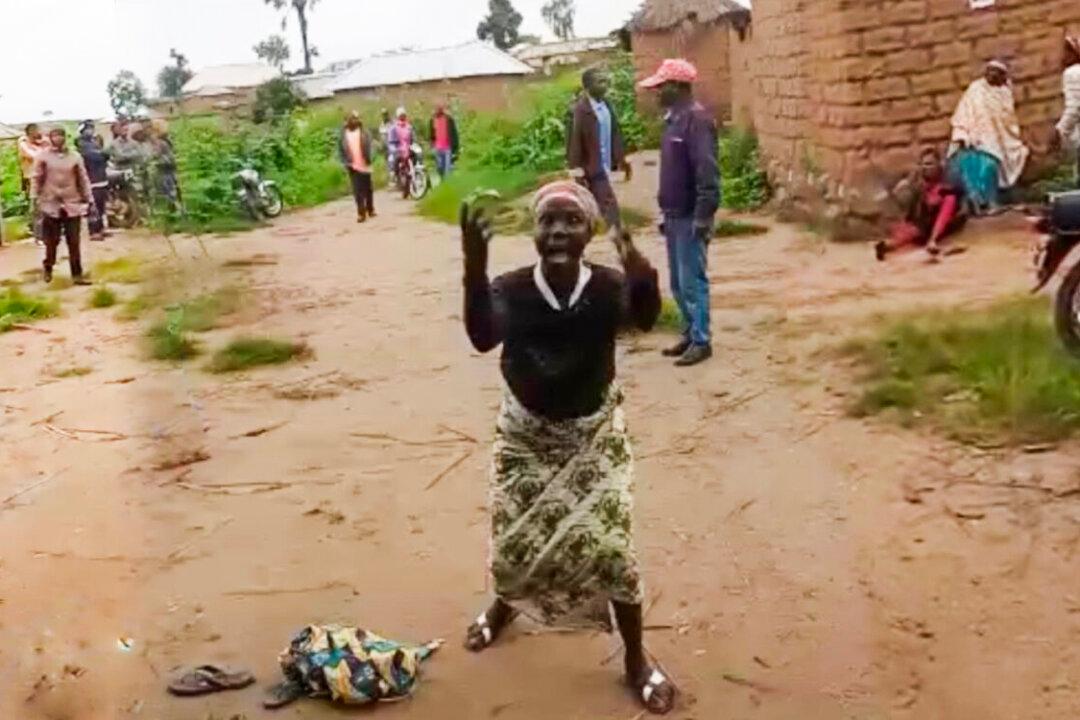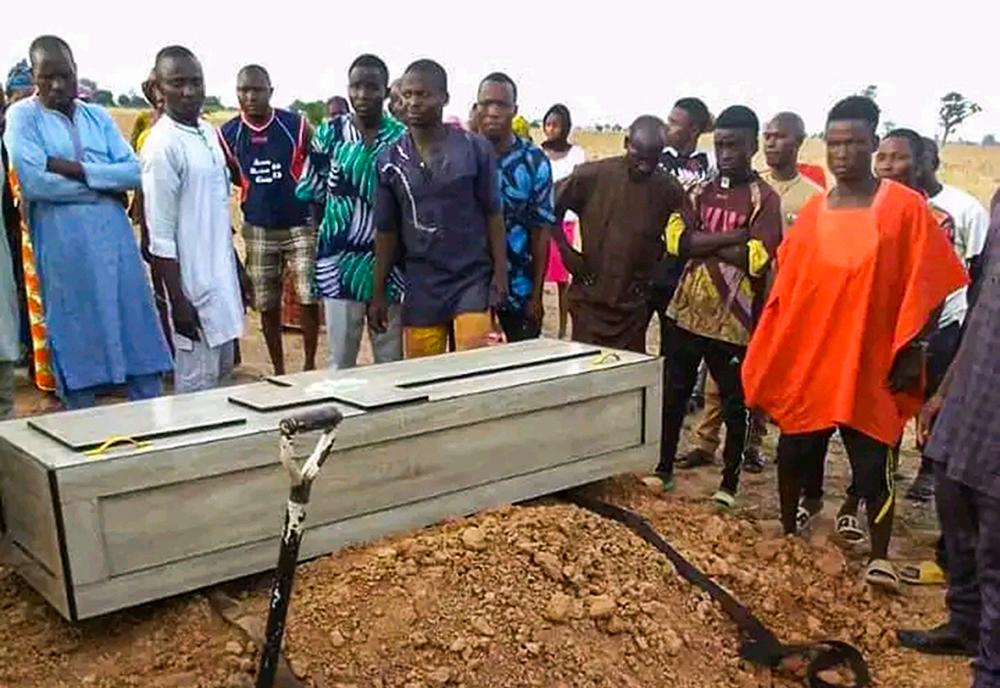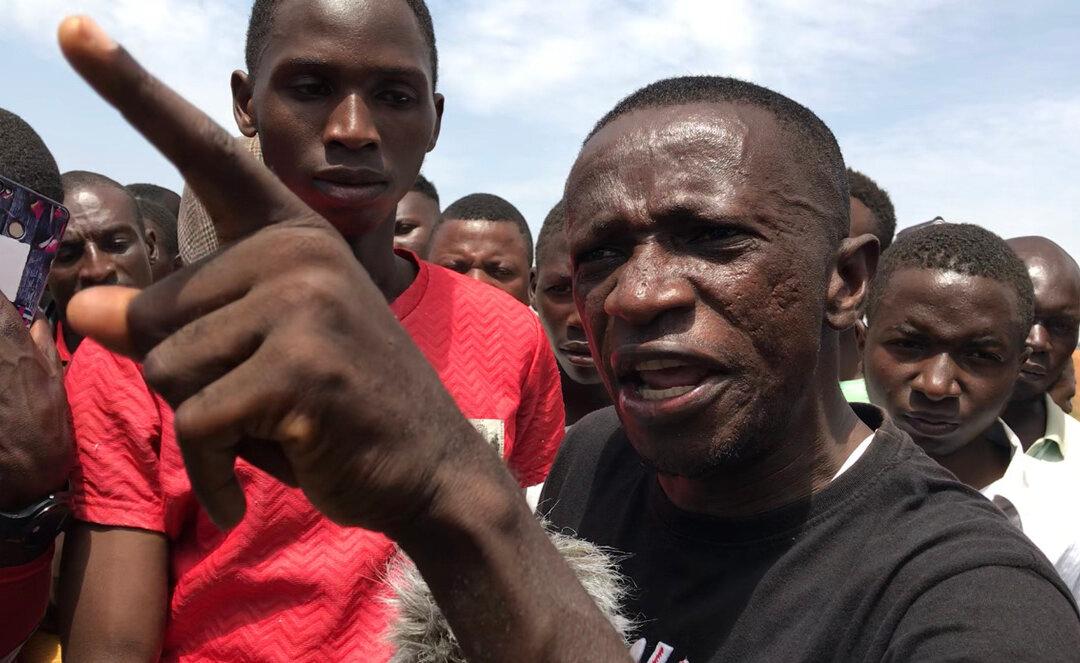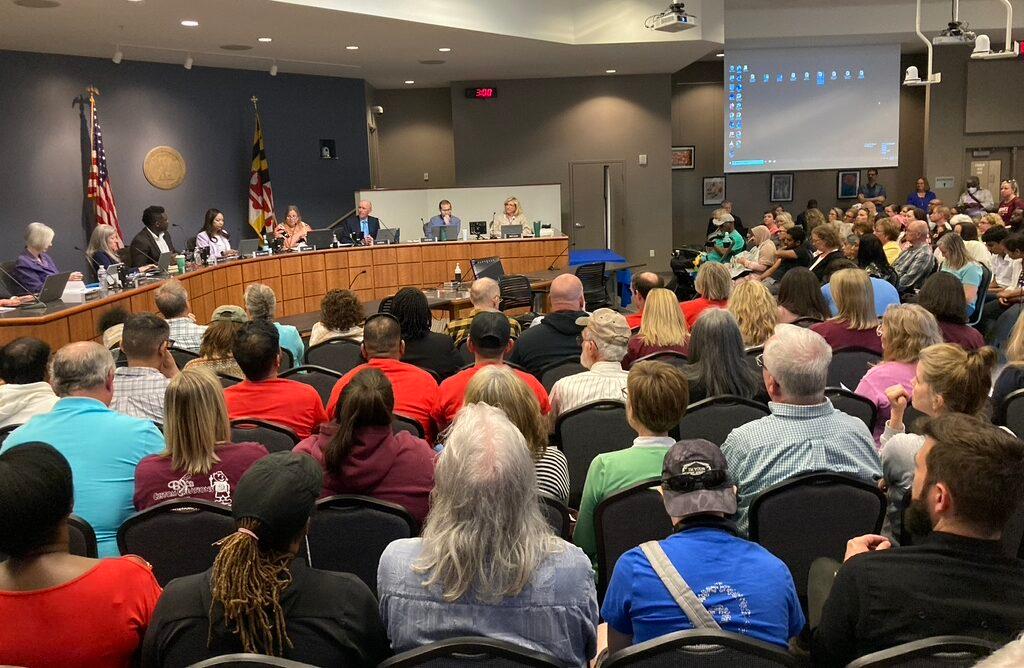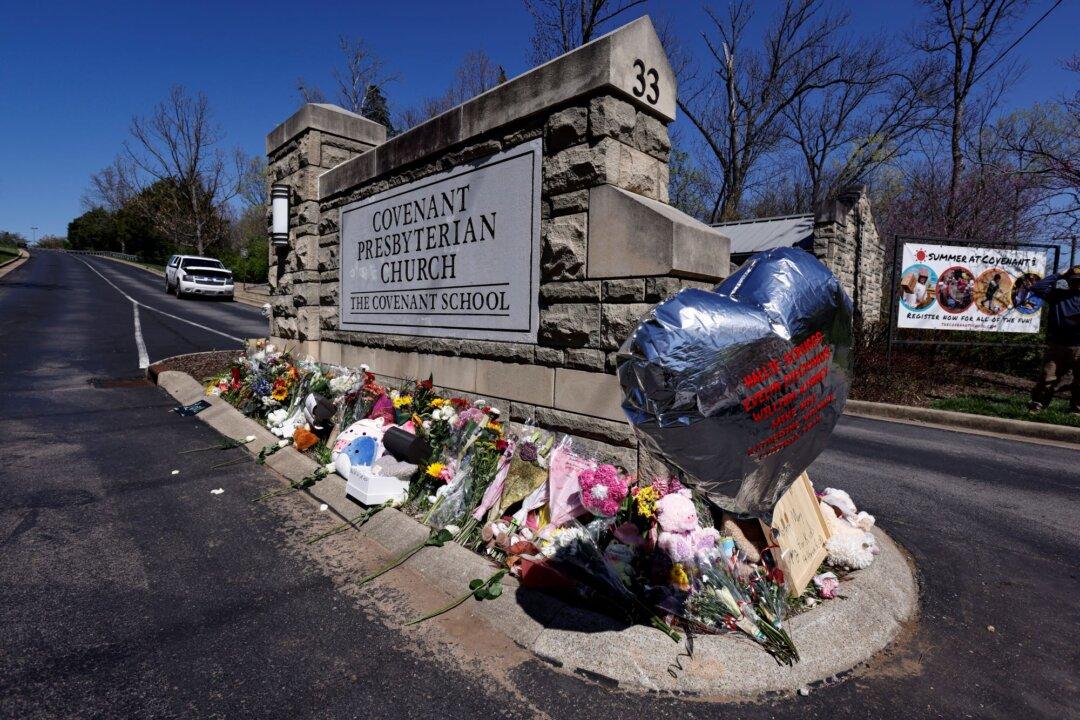Rampaging terrorists have carried out more than 16 bloody attacks in Nigeria’s state of Kaduna in recent weeks, often with Nigerian troops standing by and refusing to assist the victims, according to spokesmen for Christian communities in the region.
Terrorists massacred 25 people in Kauru County on April 25 and burned houses for three hours without Nigerian army intervention. In addition, a group of 15 terrorists posing as Nigerian soldiers on May 5 carried out a massacre of eight defenseless civilians in Cinke, a village of 300 in Plateau state, which borders Kaduna.
